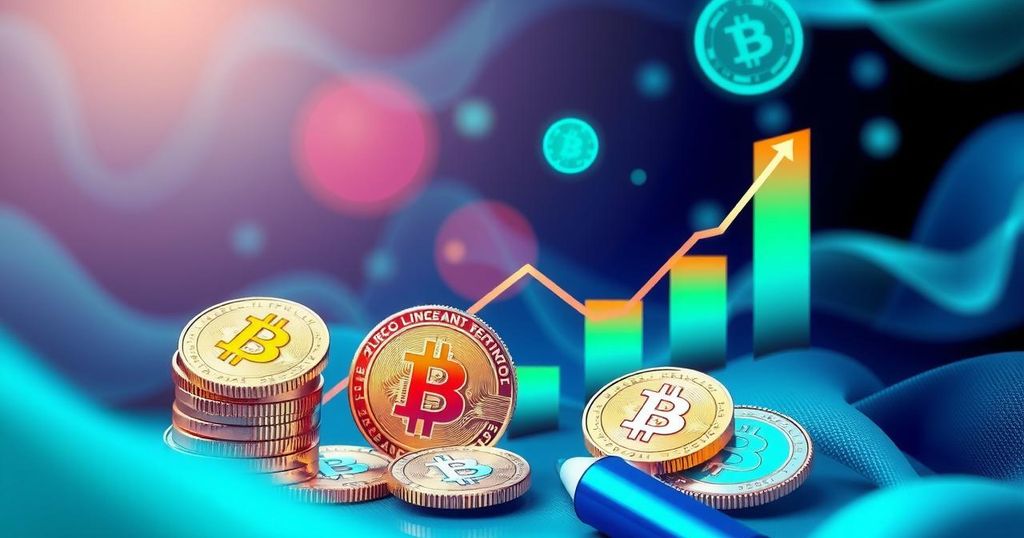Bitcoin
Legal stuff
Market
ASIA, BITCOIN, CON, CONSENSYS, CRYPTOCURRENCY, CYPRUS, EUROPE, EUROPE/ASIA, HONG KONG, INVESTMENTS, LONDON, MALAYSIA, MANILA, MARKET TRENDS, MULTIPOLITAN, NEW YORK, NORTH AMERICA, PHILIPPINES, SEC, SINGAPORE, SLOVENIA, SOUTH KOREA, UNITED KINGDOM, UNITED STATES, VIETNAM, YOUGOV
Nikita Petrov
0 Comments
Filipino Traders Surge in Crypto Wealth, Leaving Axie Infinity Behind
A new study reveals that Filipinos rank 20th globally in crypto wealth concentration, holding an average of $14,194.46 each. The rise in interest comes partially from the play-to-earn game Axie Infinity. A significant number of Filipinos own cryptocurrencies, yet understanding remains limited. New regulations are being drafted to oversee crypto services and protect consumers after incidents of fraud.
Filipino traders are making waves in the global cryptocurrency scene, according to a study by Multipolitan, a wealth migration platform. The study claims that the Philippines ranks 20th worldwide for crypto wealth concentration, with individuals holding an average of $14,194.46 each, which equals around P790,000. This shift marks a significant rise in the interest of Filipinos in investing in cryptocurrencies.
In South-East Asia, Singapore dominates the crypto market, placing 5th globally with its owners boasting $85,536.63 each, while Malaysia and Vietnam follow closely in 18th and 19th places, with $20,895.49 and $16,681.28 respectively. Globally, Slovenia takes the lead, where each crypto holder has an astounding average of $240,460.17. Cyprus and Hong Kong hold second and third positions respectively, averaging $174,972.89 and $97,531.40.
The crypto landscape is described by Multipolitan as “borderless” and ever-evolving. The report asserts that wealth in cryptocurrencies isn’t confined to traditional financial hubs like New York or London, but is growing in areas where innovation thrives. Part of this growth in the Philippines can be traced back to the major popularity of Axie Infinity, a play-to-earn game that fundamentally changed many gamers’ financial situations.
At the peak of its popularity, Axie Infinity drew in around 40 percent of its player base from the Philippines. The game became a financial lifeline during the pandemic, propelling its token price to about P20. However, subsequent oversupply has caused its price to plummet to just a few centavos now. This highlights the volatility and risk often associated with the crypto markets.
Despite the wide recognition—about 96 percent of Filipinos are aware of cryptocurrencies according to Consensys—only a minority fully understand the concept. A separate survey from YouGov revealed that 52 percent of participants purchased coins like Bitcoin and Ether in 2024, a rise from the previous year’s 45 percent ownership rate.
To stabilise this burgeoning market, the Securities and Exchange Commission (SEC) of the Philippines has drafted new guidelines to regulate crypto asset services providers (CASPs). These rules aim to protect consumers against fraud and foster a safer trading environment for cryptocurrency. Notably, Binance, a major player in the sector, was banned in the Philippines last March for operating without a necessary licence, underscoring the importance of regulatory oversight in this rapidly evolving field.




Post Comment